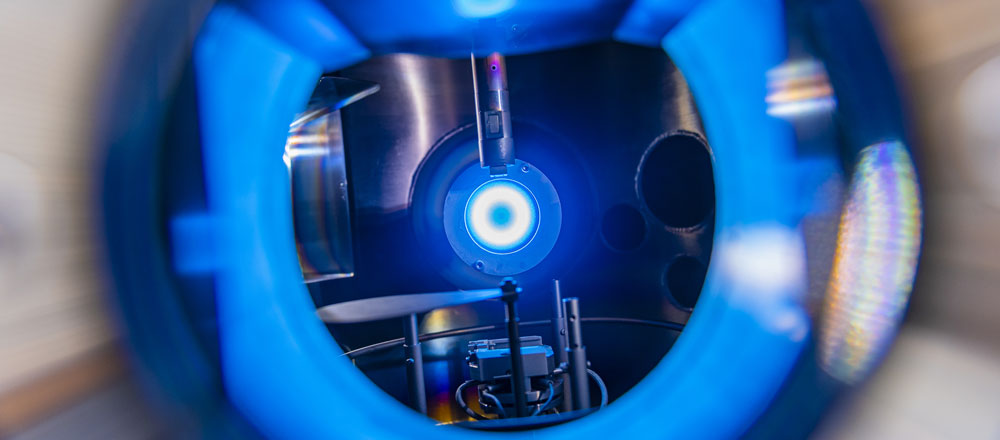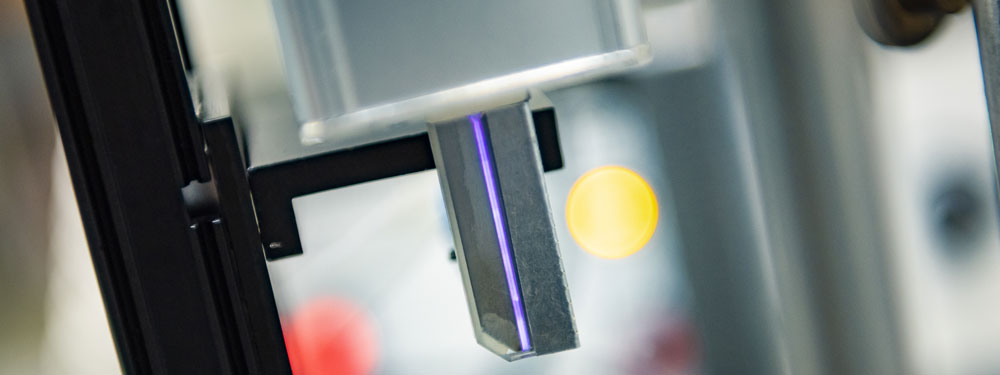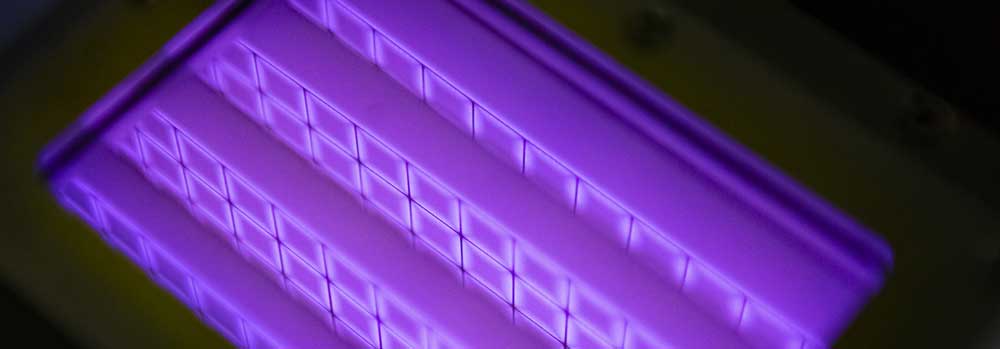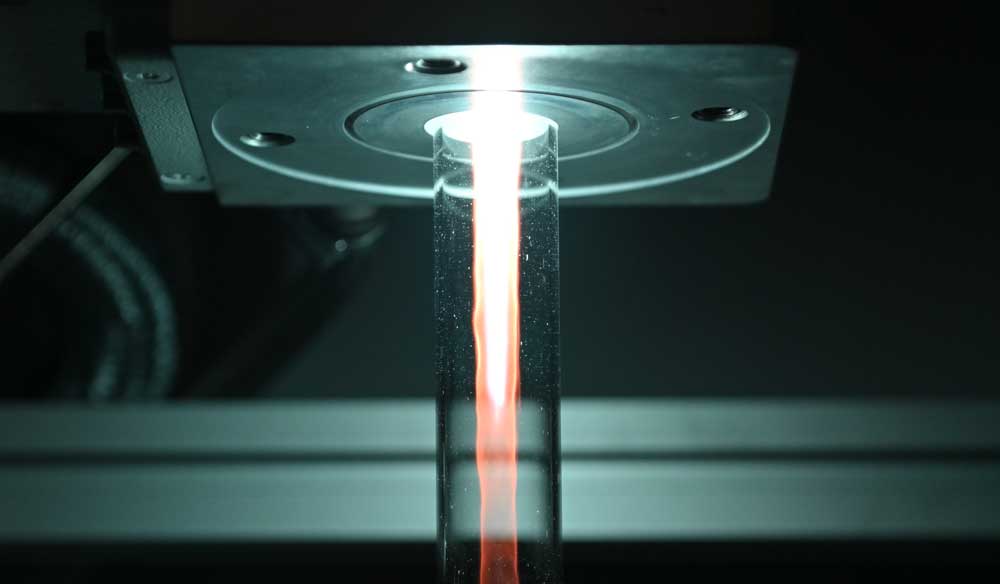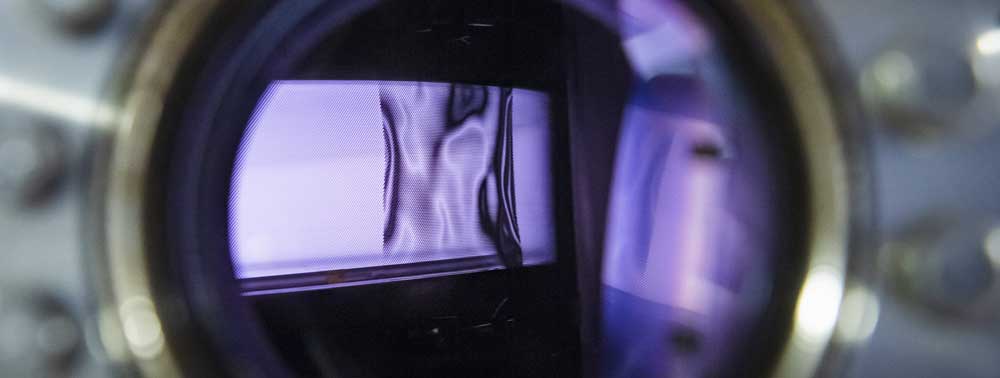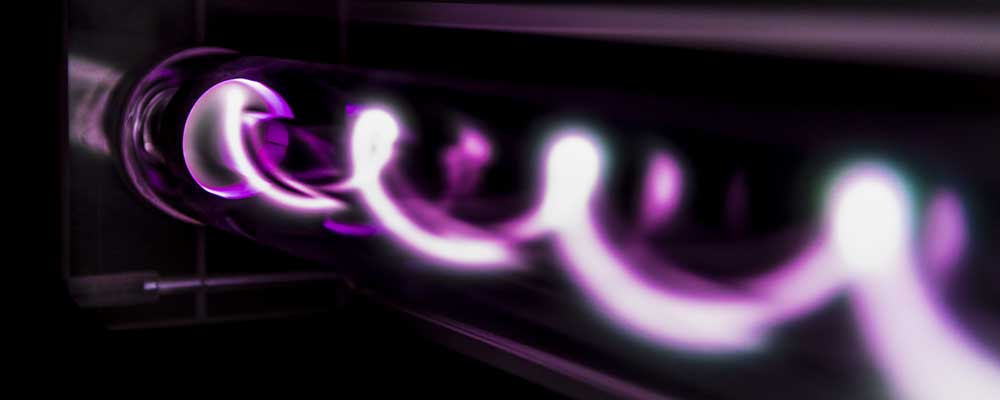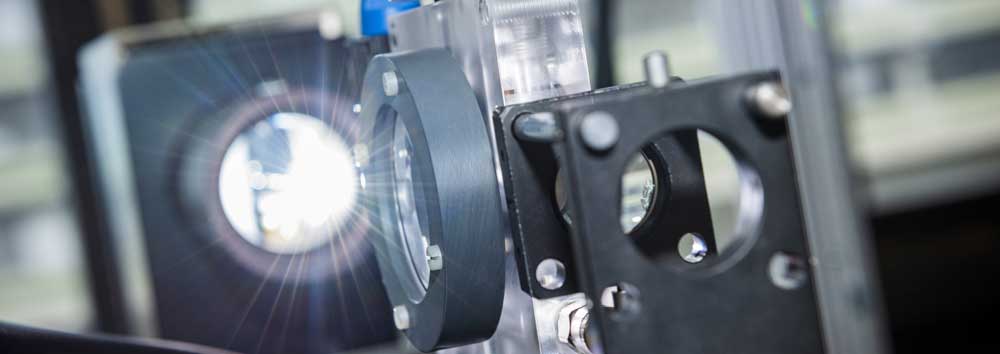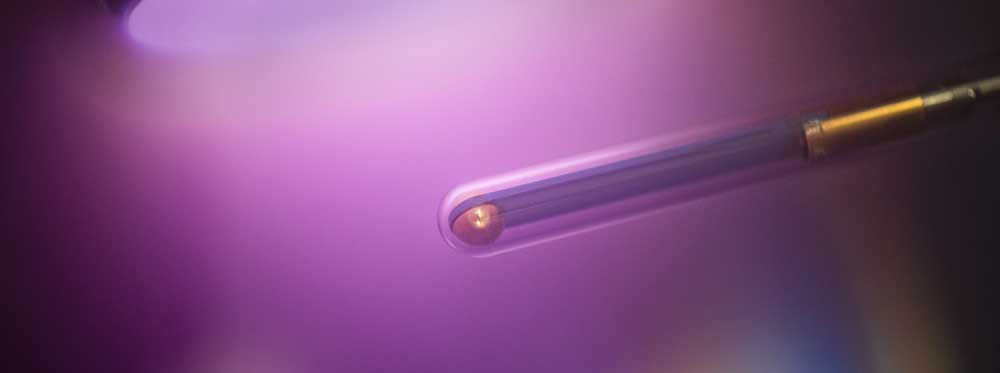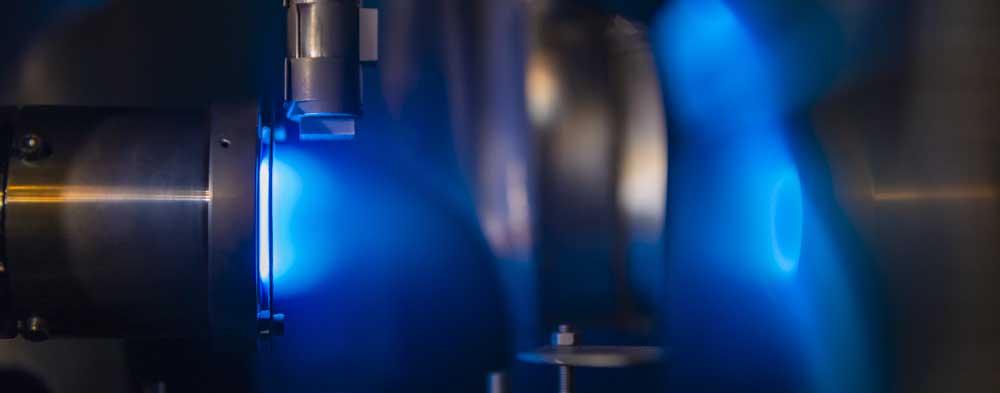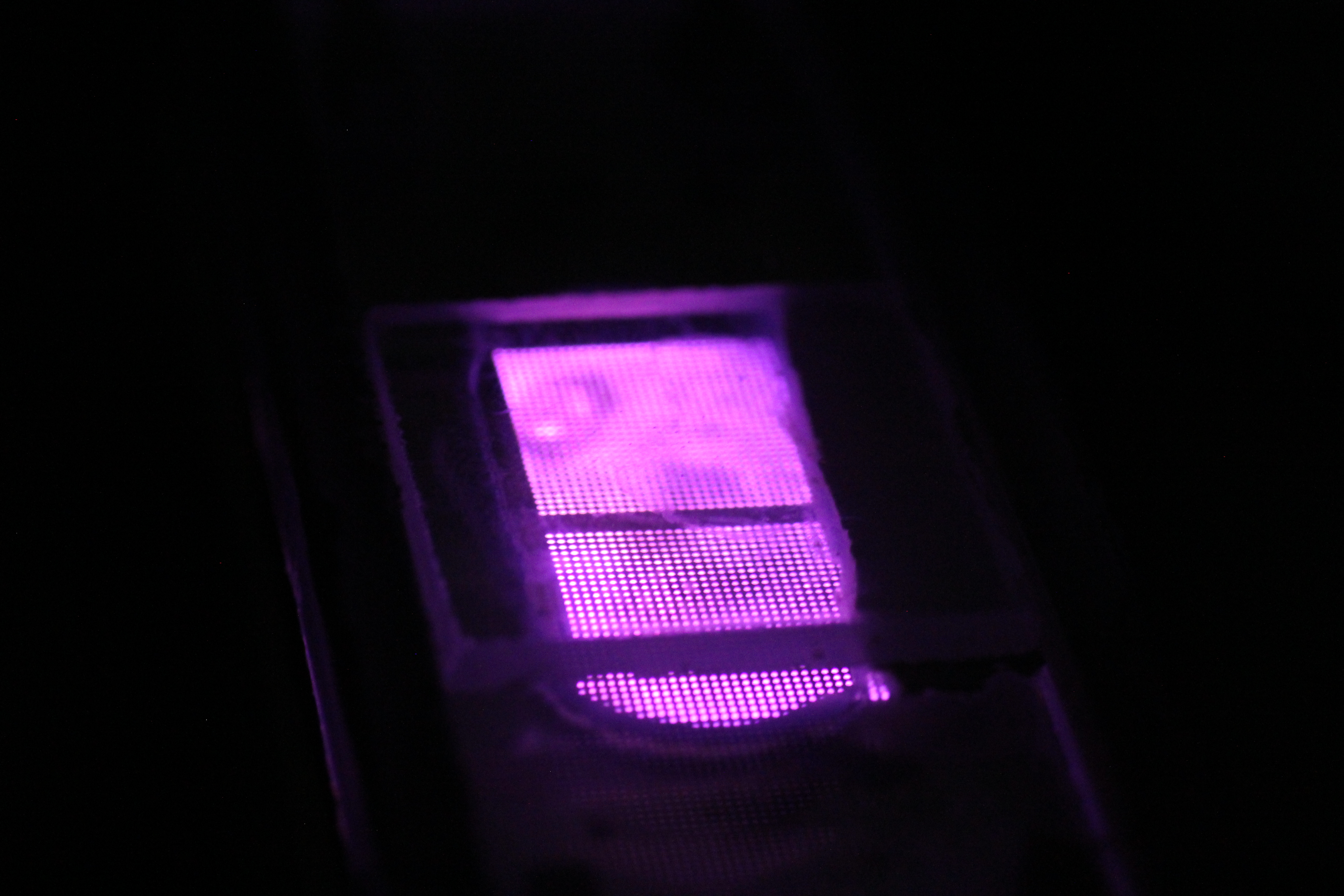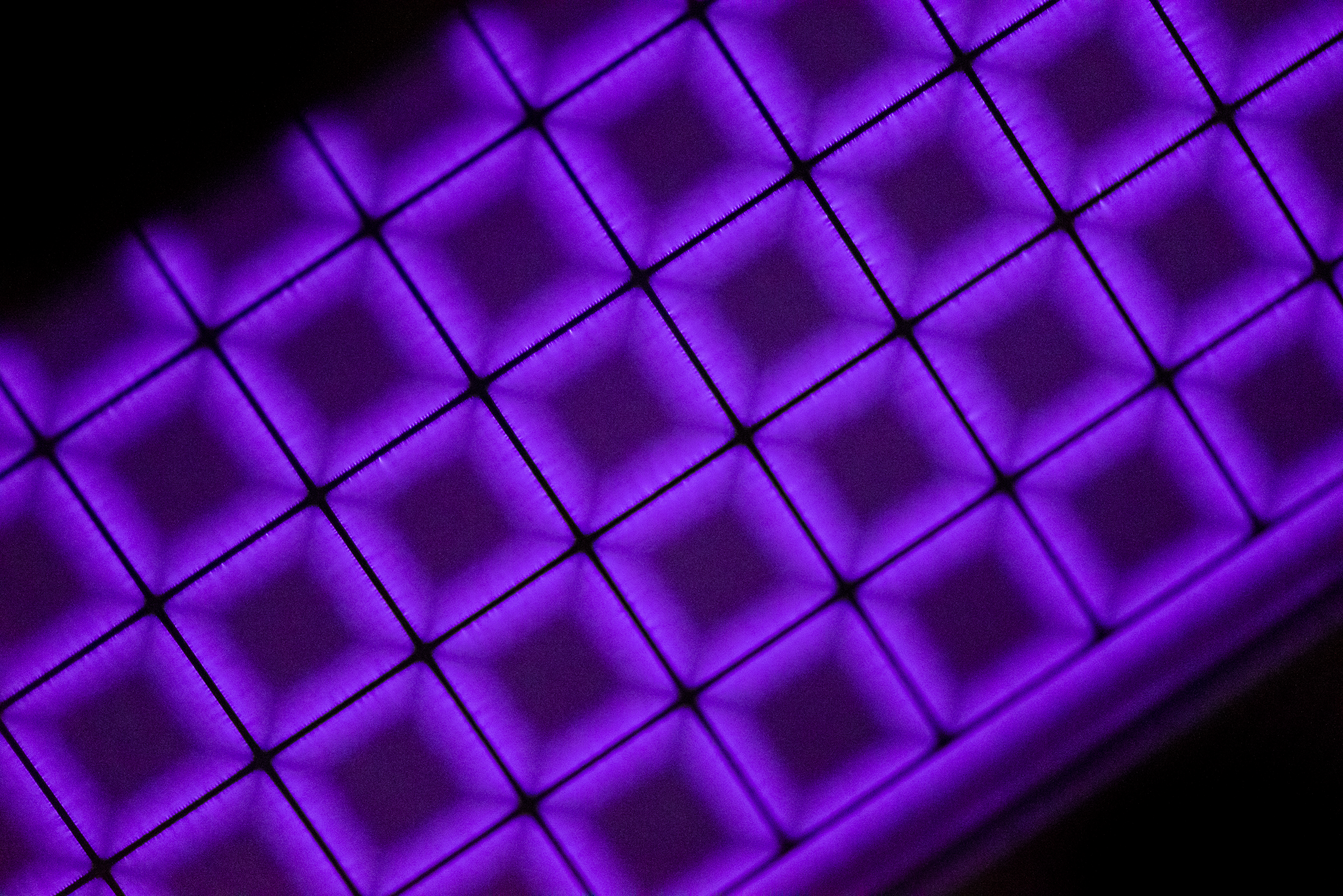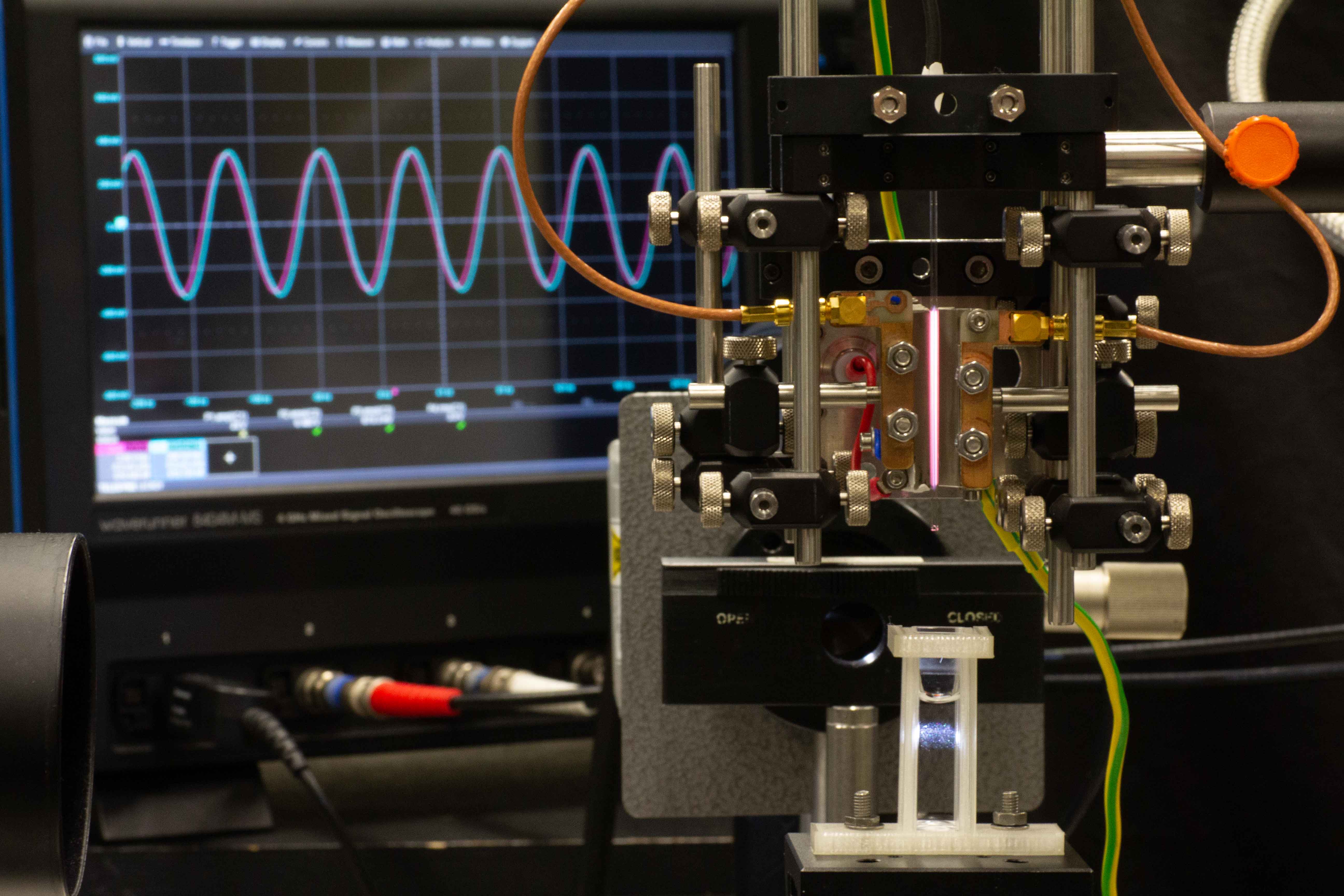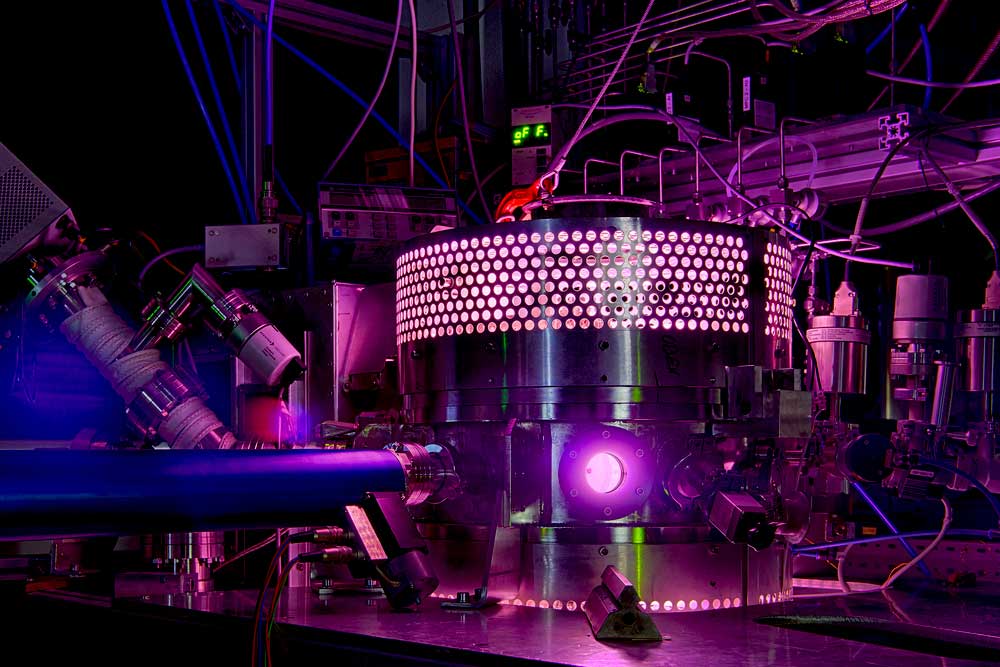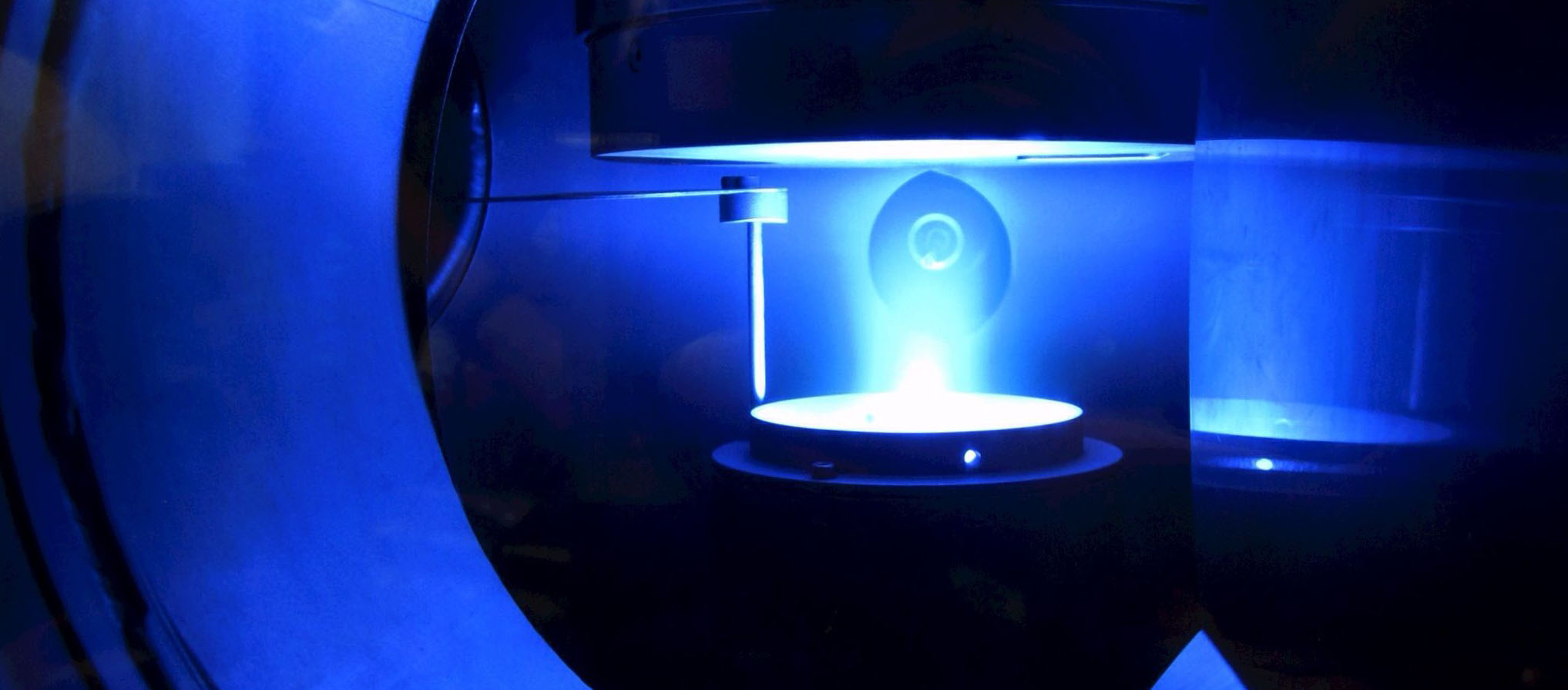INTERNATIONAL SYMPOSIUM ON THE FRONTIERS OF FUNDAMENTAL PHYSICS (FFP12) AT THE UNIVERSITY OF UDINE, ITALY
Academician Professor Padma Kant Shukla CorrFRSE and Foreign Member of the Physics Class of the Royal Swedish Academy of Sciences (KVA) and the Royal Swedish Academy of Engineering Sciences (IVA) was invited to deliver a plenary talk on Relativistic Nonlinear Quantum Plasmas at Nanoscales at the International Symposium on the Frontiers of Fundamental Physics (21-23 November 2011) at the University of Udine, Italy. The Symposium focused on various aspects of condensed matter physics, statistical physics, particle physics, quantum mechanics and quantum gravity, emerging areas of plasma physics (e.g. plasma assisted nanotechnology and high energy density plasmas, plasma based charged particle acceleration, etc.), and nonlinear sciences.
The Symposium was organized by Prof. Marisa Michelini (University of Udine) and Prof. Gautam Sidharth Burra (DG, B. M. Birla Science Centre, Hyderabad, India) together with an International Advisory Board composed of several members including the honorary chair Nobel Laureate (NL) Douglas Osheroff (Stanford University, California), Prof. Walter Greiner (Director, Frankfurt Institute of Advanced Studies, Germany), and RUB International Chair holder Prof. Padma Kant Shukla. During the opening ceremony of the Symposium, Prof. Shukla emphasized the importance of international scientific collaboration, in addition to presenting the plenary talk dealing with the table-top quantum free-electron lasers, thereby exploring new quantum x-ray and gamma ray regimes by using super-intense short laser pulses and relativistic electron beams in dense plasmas. This is one of the innovative approaches in emerging and cutting edge areas of plasma physics that holds the promise of producing high-power coherent radiation sources in the new parameter regimes that are going to set a new horizon in applied physics. At the FFP12, the Nobel Laureate Prof. Douglas Osheroff (Stanford University, California and The National Academy of Sciences, Washigton, USA), the 1996 Nobel Laureate in Physics for the discovery of the superfluidity in Helium 3, presented a special lecture on How (Experimental) Advances in Science are Made? Specifically, the NL Osheroff focused on the innovation, as well as on innovative and curiosity-driven challenging researches in physical sciences.
In the photo: Professor Padma Kant Shukla and the Physics Nobel Laureate Professor Douglas D. Osheroff.
